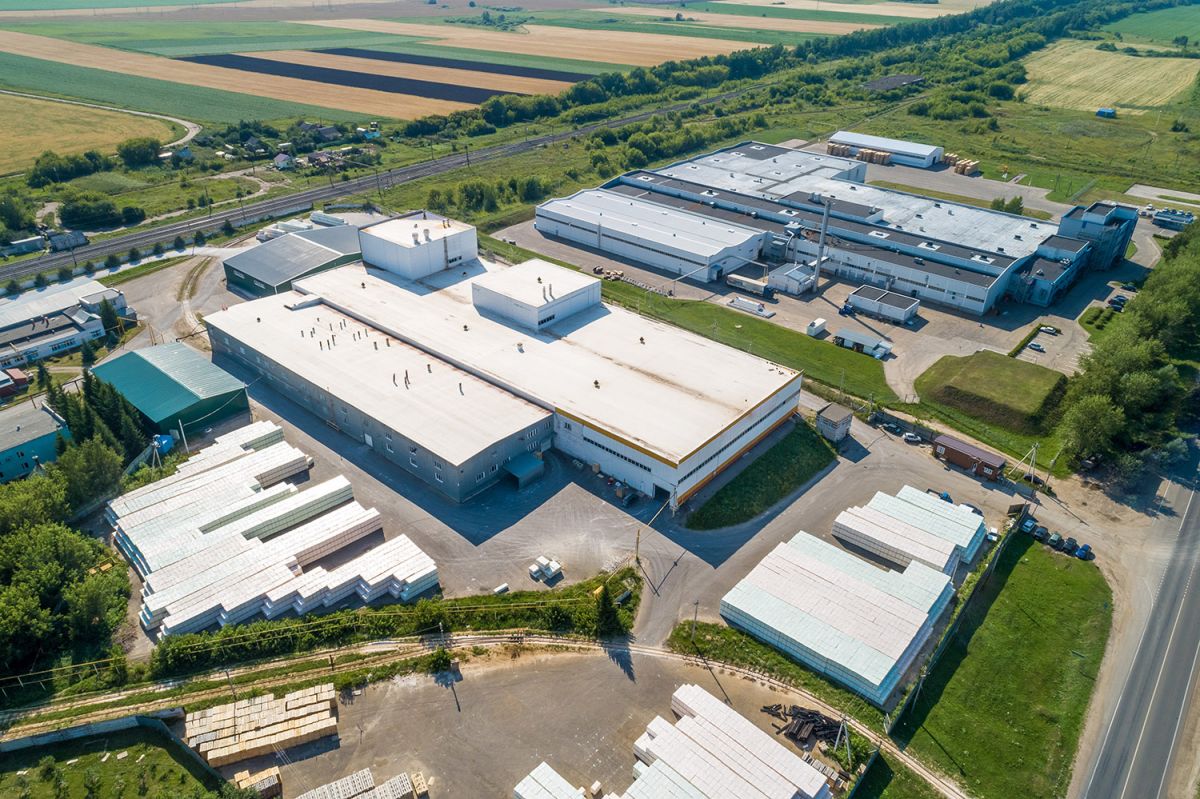
Rapid Absorption of Cannabis Real Estate and Other Challenges to Avoid in 2023
Entering and expanding within the cannabis market require similar paths in some aspects. First, the commodity itself must be legalized or be very close to legalization. Then laws and guidelines are established. Finally, licenses are awarded. One element of this process that can be addressed before legalization, and must certainly occur before new or expanded business, is real estate. Even companies focusing solely on online sales need to consider their local cannabis real estate market. Canna Real Estate Group is following the market and offering insight on real estate hot in new cannabis states as well as what is predicted for the future.
Retail space, both rented and purchased, has exploded in demand. As a result of midterm legalizations, the most recent Marijuana Business Factbook projected that sales for the legal U.S. cannabis industry could reach $30 billion in 2023, which is triple the amount of total cannabis revenue in 2018. Not only are dispensary locations in scarce numbers, but “green-zone approved” properties for cultivation, manufacturing and processing are also running low. For companies looking to cultivate, process and sell cannabis, highly intricate dual-property real estate acquisition plans must occur simultaneously to properly accommodate property licensing. If sourcing multiple properties or facilities doesn’t happen concurrently, operators may run into halting issues. This is why familiarity with cannabis real estate absorption is essential.
What is absorption in real estate and why is it important? Absorption rate most commonly refers to a metric used in the real estate market to evaluate the rate at which available properties are sold in a specific market during a given time period. It is calculated by dividing the number of properties sold in the allotted time period by the total number of available properties. This equation can also be reversed to identify the amount of time it would take for the supply to be sold. Cannabis commercial real estate absorption knowledge marks those in the know.
Another unique aspect to cannabis real estate is that a large portion of businesses seeking space do not have a preference of location. This lack of inclination is only hindered by city and county zoning laws and occasionally local (vocal) opinions largely perturbed by the smell of cannabis being recognized by their own clientele. According to data from the National Association of Realtors (NAR), members who are employed or who invest in the commercial real estate sector have noticed the following trends:
- 22% of members in states where medical marijuana is legal have noted some tenants do not want to be near a dispensary.
- 28% of members in areas where both medical and recreational cannabis are legal have noticed this within the past four years.
- This number rises to 38% in states where both forms of cannabis were legalized more than four years ago.
Valuation of cannabis properties is complicated because a lot is contingent upon the timing of federal legalization, says Matthew Karnes, CPA and founder of Greenwave Advisors. In general, both cannabis businesses and real estate are valued based upon projected cash flows, but the added nuance related to cannabis involves Section 280e, or the higher taxes to which cannabis companies are subjected.
“The longer prohibition continues, the harder it will be for many cannabis companies to continue as a going concern due to the added costs of prohibition, most notably income tax,” Karnes said. Section 280e of the IRS code can have an effective tax rate as high as 70 percent, which has prompted a surge in distressed asset sales, he said.
Looking to avoid Section 280e? Cannabis Real Estate Investment Trusts (REITs) are appealing to investors because they are not subject to Section 280e. Cannabis REITs are corporations that own and manage real estate. REITs issue units (similar to stock shares) that give investors access to the income generated by the REIT’s property portfolio.
For those who prefer to go the non-corporation-establishing route, here are some potential issues of which to be prepared:
- Be diligent into perpetuity with zoning laws and regulations where the business is located as even established rulings can change.
- The “green tax” is often added to prices in areas where legalization is new or expanded. If possible, try to lock in prices before land grabbing occurs.
- Read contracts carefully and be aware of landlords who charge a premium to lease to cannabis businesses.
- Be prudent with insurance; more is better than less and will help improve tenant/landlord relations, plus provide peace of mind.
Canna Real Estate Group specializes in commercial cannabis real estate and provides real estate, financial, architecture and construction consulting. The knowledgeable and experienced staff excel at recapitalizations and restructurings, mergers, acquisitions and more. Use our insight for the benefit of your business by scheduling a meeting.